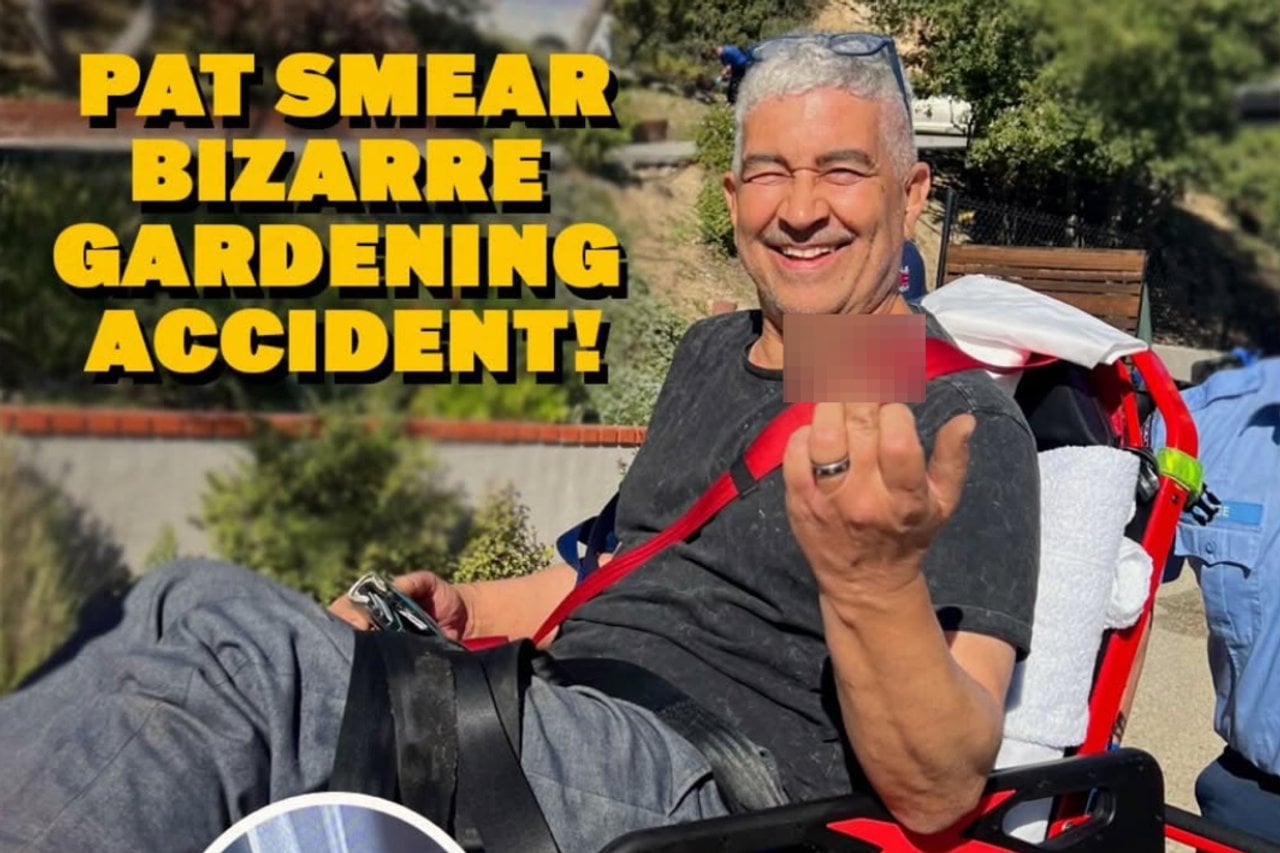A Tasmanian man who threatened a vulnerable disability pensioner with a knife before repeatedly bashing her during a violent ATM robbery has been jailed for four years.
Dillon Raymond Popowski, 30, pleaded guilty to armed robbery after attacking the 56-year-old woman, who lived with schizophrenia, as she withdrew her $450 pension in Devonport on July 10.
The Supreme Court heard Popowski approached her at the Commonwealth Bank ATM on William Street at 12:20am, telling her: “Give us your money or I’ll stab you.”
When she tried to retreat, Popowski grabbed her, punched her several times and threw her to the ground in the middle of the road.
“You inflicted a persistent, cowardly and brutal assault upon the complainant,” Justice Tamara Jago said.

The woman struck her head on the road but continued to cling to her money as Popowski punched and kicked her, including to the head.
When her partner stepped in, Popowski raised the knife and told him to back off.
He then chased the victim again, pushing her down a second time before forcibly prising the cash and bank card from her hand.
She was left with bruises and abrasions to her head, arm and back and bleeding from her forehead. She has since died.
Justice Jago said the CCTV footage showed the woman “resisted you to the extent she was able, but you responded by escalating the violence to achieve your purpose”.
“Having observed the footage, I have no doubt that she found the entire incident terrifying,” she said.
Popowski fled in a waiting car driven by his partner and spent the stolen money on petrol, cigarettes and drugs.
He initially lied to police, denying any involvement despite clear CCTV evidence, before eventually admitting guilt.
Justice Jago acknowledged Popowski’s difficult background and long-standing drug addiction but said the crime demanded significant prison time.
Popowski will be eligible for parole after serving two years, with his sentence backdated to July 10.
“The sentence … will be the longest period you have ever served in custody,” Justice Jago said.
“Hopefully, it will be a sufficiently salient experience to motivate you to make the changes that you say you are desirous of making.”
“I do not think rehabilitation is an entirely forlorn hope, so I will make allowance for parole at the earliest opportunity.”







